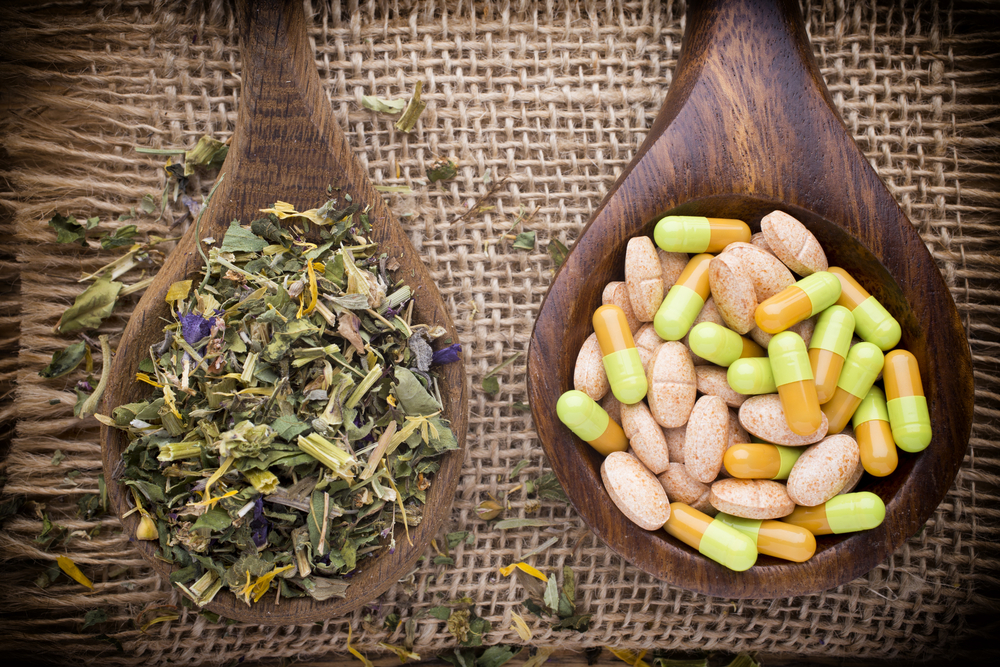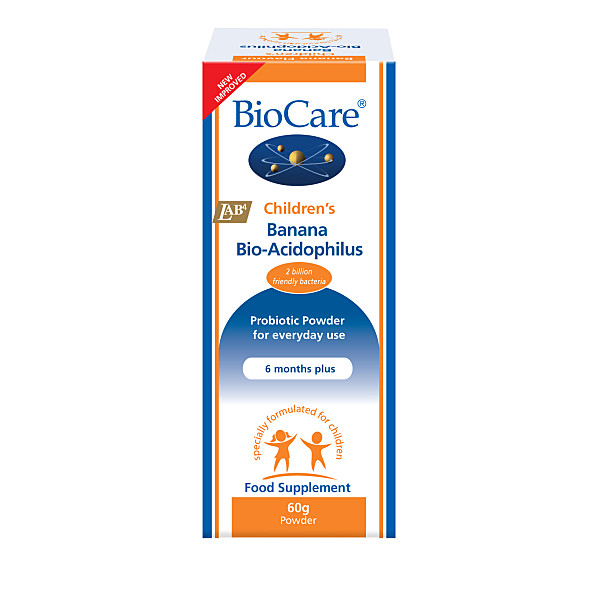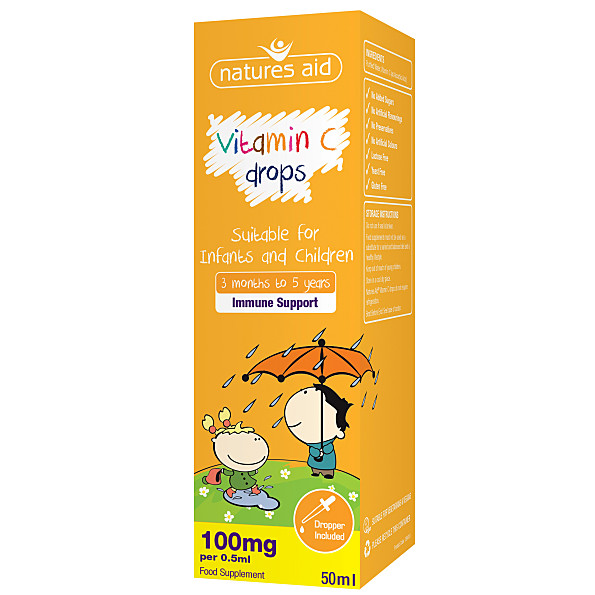 Many people like to supplement their diets, so we’ve added a new department to BigGreenSmile and filled it with a comprehensive range of natural vitamins and minerals from brands including Aduna, BioCare, Nature’s Aid, Terra Nova and Vitabiotics. Here we look at what they can do for you and we also list alternative natural sources of boosting your vitamin intake through diet.
Many people like to supplement their diets, so we’ve added a new department to BigGreenSmile and filled it with a comprehensive range of natural vitamins and minerals from brands including Aduna, BioCare, Nature’s Aid, Terra Nova and Vitabiotics. Here we look at what they can do for you and we also list alternative natural sources of boosting your vitamin intake through diet.
Click on each vitamin group to see the range of vitamins and supplements we have in stock
 Acidophilus can encourage your body to absorb nutrients and keep a healthy balance of ‘good’ bacteria. This can help with things like diarrhoea, eczema, asthma, vaginal infections and irritable bowel syndrome (talk about a workaholic). Check out our acidophilus options for adults and children here.
Acidophilus can encourage your body to absorb nutrients and keep a healthy balance of ‘good’ bacteria. This can help with things like diarrhoea, eczema, asthma, vaginal infections and irritable bowel syndrome (talk about a workaholic). Check out our acidophilus options for adults and children here.
Other good sources? Yogurt, milk and other dairy products enriched with live acidophilus, as well as whole-wheat foods, barley, onions, tomatoes, bananas and garlic.
Vitamin A ♥ eyes, skin and immune system
Vitamin A can help your immune system fight infections (ideal if you’re prone), it can also improve your vision (especially in dim light) and apparently can assist skin problems like acne. Vitamin A is included in most multi-vitamin supplements.
Other good sources? Orange and yellow fruit and vegetables, milk, yoghurt, cheese, egg yolks and oily fish.
Vitamin B Complex includes B1, B2, B3, B5, B6, B7, B9 and B12. Combined these guys play a role in keeping your body healthy, doing vital jobs like helping to convert your food into fuel and maintaining energy levels.
B12 (Cobalamin) works with vitamin B9 to produce red blood cells and help iron do its job.
Other good sources? Fortified breakfast cereals, enriched soy or rice milk, fish, shellfish, dairy, eggs, beef and pork.
Apparently beetroot can lower blood pressure (really, studies have proved it).
Other sources? Um, beetroot.
 Vitamin C ♥ immune system, wrinkles, cells and more
Vitamin C ♥ immune system, wrinkles, cells and more
We’re huge fans of Vitamin C - it may offer protection against immune system deficiencies, cardiovascular disease, wrinkles (yes), it can protect your cells and keep them healthy, maintain connective tissue and assist wound healing.
Other sources? Loads including oranges, red and green peppers, strawberries, blackcurrants, potatoes, brussel sprouts and broccoli.
Calcium is well-known for its role in bone health.
Other sources? Milk, cheese, green leafy vegetables, tofu, nuts, sardines and pilchards.
Collagen keeps the skin resilient and younger-looking and your joints working too – unfortunately after the age of 30 collagen production begins to decline (boo).
Other sources? The following foods can help boost collagen production: red fruit and veg, soy products, cabbage, beans, carrots, black and green olives, avocado oil and turkey.
Vitamin D ♥ bones, teeth and immune system
Also known as the sunshine vitamin, vitamin D helps your body create strong teeth, bones and a healthy immune system.
Other sources? Salmon, sardines, egg yolks, shrimp as well as fortified milk, cereal, yoghurt and orange juice.
Vitamin E ♥ skin, immune system and eyes
Vitamin E acts as an antioxidant in the body (take that pollution)! It does lots of other jobs too, from cell protection, to helping the immune system. It can also protect eye-sight.
Other sources? Almonds, peanuts and hazelnuts, and vegetable oils like sunflower, wheat germ, and soybean, plus sunflower seeds and green leafy vegetables like spinach and broccoli.
Evening Primrose Oil is a good source of Omega-6 … the jury’s still out but studies have shown (and disproved) that it helps eczema, breast pain and the symptoms of menopause. It also contains an essential fatty acid (known as GLA) that’s thought to strengthen skin cells.
Garlic Pearls ♥ blood pressure, colds and more
So many uses, so little time. As well as fighting off vampires, research suggests garlic can be effective against high blood pressure, cholesterol, fighting flu and cardiovascular disease.
Other sources? Garlic of course.
Iron ♥ energy
 Iron supplements can help with tiredness in those who are deficient, anaemia and some athletes use it to improve their performance.
Iron supplements can help with tiredness in those who are deficient, anaemia and some athletes use it to improve their performance.
Other sources? Meat, beans, nuts, dried fruit, brown rice, fortified breakfast cereal, soybean flour, dark green leafy vegetables.
CQ10 ♥ energy
Boost your energy levels with a regular dose of CQ10.
Other sources? Tuna, salmon, mackerel, sardines, vegetable oils and meat.
Magnesium ♥ muscles, bones, teeth & energy
Magnesium contributes to important functions including muscle function, the maintenance of bones and teeth as well as energy levels.
Other sources? Whole grains, vegetables, seeds, nuts, dairy products, meat, chocolate (now you’re talking) and coffee.
Great for all-round nutritional support or targeted support in particular stages of life.
Other sources? Almost all food and drink!
Omega Oils ♥ heart, blood, joints and more
Omega-3 and Omega-6 are Essential Fatty Acids (EFAs) – your body needs them but can’t produce them itself. EFA’s can help the heart, blood pressure, concentration, behaviour, co-ordination, joints and bones.
Other sources? You’ll find Omega-3 in rapeseed, walnut oils, fish oils, fresh seeds, wholemeal bread and wholegrain cereals, oily fish, organic milk and cheese. For Omega-6 try edible oils and meat.
 Zinc ♥ cells, immunity, fertility and more
Zinc ♥ cells, immunity, fertility and more
Zinc can help make cells, help our body’s process food and aid the healing of wounds as well as supporting immunity, tiredness and fertility.
Other sources? Meat, shellfish, dairy food, bread, cereal products.
If you are under medical supervision, please consult a doctor before taking a supplement. Products are not to be used as a supplement for a varied and balanced diet and healthy lifestyle. Do not exceed the stated recommended dose.